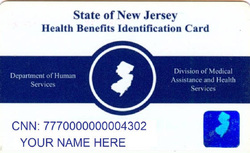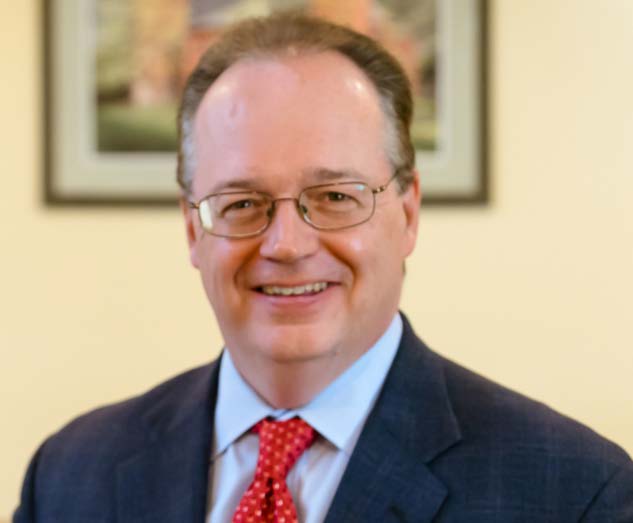 A federal government audit concludes that the State of New Jersey improperly claimed more than $100 million in "Disproportionate Share Hospital Payments" for five hospitals that did not qualify for such payments. The auditors recommend that New Jersey repay more than $50 million to the federal Medicaid program. Under the Medicaid program, a state is required to make Disproportionate Share Hospital Payments to hospitals that serve a disproportionate share of low-income and/or uninsured patients. To qualify for these special payments, the state must classify a hospital as a Disproportionate Share Hospital. Hospitals qualify for that classification if their Medicaid Inpatient Utilization Rate (MIUR) exceeds 1 percent. A hospital's MIUR, expressed as a percentage, is the number of inpatient days attributable to patients who were Medicaid-eligible, divided by the total of the hospital's inpatient days in a particular year. According to an audit conducted by the Office of Inspector General (OIG) of the Department of Health and Human Services (HHS), New Jersey claimed Disproportionate Share Hospital Payments for five hospitals that did not have MIURs in excess of 1 percent. The audit report states that New Jersey itself had calculated MIURs of less than 1 percent for these hospitals during one or more fiscal years. The state acknowledged that it misinterpreted Disproportionate Share Hospital eligibility regulations, but claimed that two of the five hospitals at issue did qualify for the special payments during the audit period. The OIG auditors have recommended that the State refund $50 million to the federal Medicaid program and take steps to ensure that all Disproportionate Share Hospital designations meet federal eligibility requirements in the future. As this audit demonstrates, mistakes can result in tens of millions of dollars and sometimes hundreds of millions of dollars in Medicaid and Medicare overpayments. In this particular case, the overpayments were caught during a random audit. Another way of uncovering overpayments is by having insiders come forward as whistleblowers under the False Claims Act. Overpayments can result in liability under the False Claims Act if the entity receiving Medicaid or Medicare reimbursement knows that it has been overpaid and fails to refund the overpayment. This is a type of Medicare and Medicaid fraud. An individual who has knowledge of such overpayments may bring a qui tam lawsuit under the False Claims Act on behalf of the federal government to recover the overpayments. The person bringing the lawsuit is called a "relator." If successful, the qui tam relator is entitled to a whistleblower reward of between 15% and 30% of the amount the federal government ultimately recovers. For example, if the New Jersey case had been brought by a qui tam relator and the state refunded the full $50 million to the federal government, then the relator's reward would have been between $7.5 million and $15 million. If you are aware of overpayments or false claims involving Medicaid, Medicare, or another federal government healthcare program, then you should consult with an experienced False Claims Act attorney immediately to protect your rights. To schedule a free and confidential consultation by telephone or in person, call my office today at (917) 652-6504 or click here to communicate with me via email. John Howley New York, New York The information you obtain at this site is not, nor is it intended to be, legal advice. You should consult an attorney for advice regarding your individual situation. I invite you to contact our law offices and welcome your calls, letters and electronic mail. Contacting us does not create an attorney-client relationship. Please do not send any confidential information to us until such time as an attorney-client relationship has been established. I practice law and offer legal services only in jurisdictions where I am properly authorized to do so. I do not seek to represent anyone in any jurisdiction where this web site does not comply with applicable laws and bar rules.
0 Comments
Your comment will be posted after it is approved.
Leave a Reply. |
John Howley, Esq.
(212) 601-2728 |
